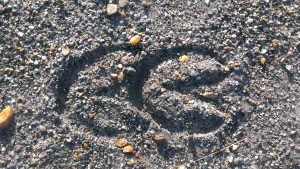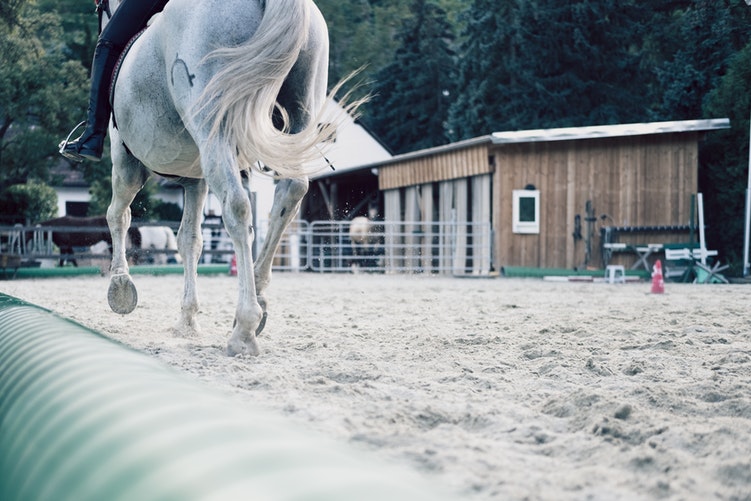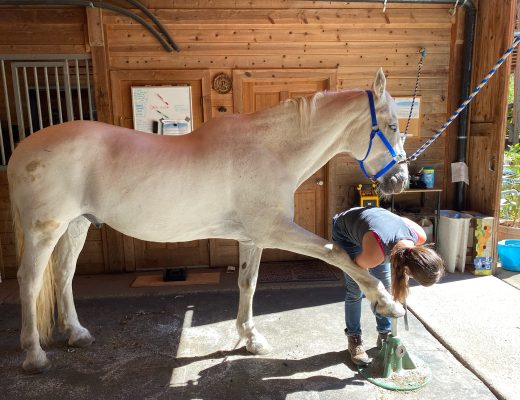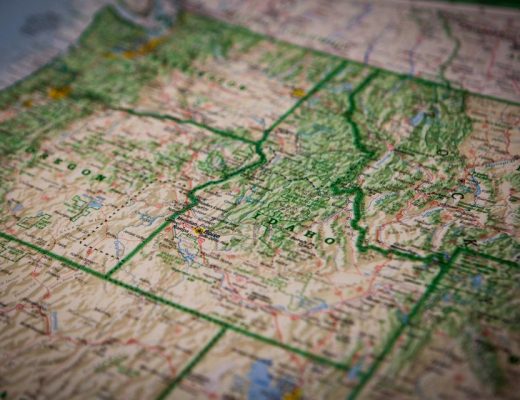Today, I want to talk about the emotional aspect of making the leap into the world of barefoot horses. What happens when you go from metal or aluminum shoes on your horse to bare feet?
We are deeply bound to our horses. We love them, we take care of them, we ride them, they bring us joy. They take us places and in return we make their lives as comfortable and safe as possible. We grow up in the horse world surrounded by teachers, instructors, trainers, barn managers, and fellow horse owners and absorb opinions about horsemanship and lifestyle management. We call the vet when our horses are sick (praying we can pay the bill), we stay up late at night waiting for the impaction to pass, and we breathe a sigh of relief when morning dawns and our horse is nickering for their morning hay. It is impossible to experience an equine without some sort of emotional connection.
Some of us use our horses as therapists, and it becomes more about what they can do for us. Some of us find healing in the quiet peace and earthy smells of the barn. Some of us have dreams to show, to jump over the moon, to ride our way into accomplishment. Some of us are happy to drink our morning coffee while watching our pasture ornaments graze in the backyard. Some of us are caring for senior horses – no longer expecting anything of them, just simply passing the time in their presence.
Along the way, we figure out the best way to do everything – feed, clean a stall, tack up, supplement, ride, jump, piaffe, barrel race, and definitely spend too much money at the tack store. And everyone we talk to has their own perfect way. Your farrier considers themselves the best at putting shoes on a horse. Your trainer knows the best way to get horses to do what they want. Too many barns are known for their interpersonal drama. The horses are not the problem, it’s the people. But our horses are impacted by all of these dynamics, completely outside the realm of their control.
Have you ever rode past someone snickering in the corner about your out of control horse? Have you ever been correct by a well-meaning trainer who asked you to do something you didn’t feel quite comfortable with? Have you ever walked away from a conversation at the barn questioning your strongly held belief on (insert topic of debate)? Have you ever learned something new from your horse and realized some things work for them and some things don’t? Has a farrier or vet ever talked down to you or made you feel stupid? Have you ever felt your horse take a lame step and then wonder if you should get off or keep going?
We experience these little moments every day at the barn and they form us and shape us. And then our horse goes lame. Who do we turn to? What happens when you’re facing the long grind of managing a chronic issue? What happens when you suddenly can’t ride anymore and your horse is on stall rest? What happens in your chest when you hear “possible career ending injury” from the vet?
What happens when you try everyone else’s way and it doesn’t work? Your trainer says try this supplement, your friend says try this technique, your farrier says try wedge shoes, your vet says try this new drug. And still, your horse is struggling. You decide to go a different route, and you’re unprepared for the backlash.
If you want to pull your horse’s shoes, you are the owner – you can do it. Your horse can go barefoot. But you might not feel the freedom to do so. Why is that? You might be afraid you’ll make things worse. You might be concerned your horse will be more sore. What will people say? How will you break up with your farrier? How will you find a good barefoot trimmer? What will your friends say? How long will it take for you to ride again?
Let me encourage you with this. You can go against the grain, the “conventional” wisdom. You can have the only barefoot horse in the barn. You can even learn to trim your own horse (gasp!). You can be an advocate for your horse. I have done it – it’s what got me (and many other hoofcare professionals) into trimming in the first place. I took a horse from being shod all the way through the rehabilitation process to being sound barefoot, trimming mostly by myself, after two very good vets told me this horse would never be sound barefoot. This horse had been shod their whole life (14 years), had “navicular,” was in glue on shoes due to a lack of hoof wall integrity, and had awful looking feet. That horse was my first success story. I have learned a lot since then, and that experience taught me that anything is possible. The body wants to heal, and it can heal itself faster than you’d expect with the right support.
Almost every horse does not “need” metal on their feet to be sound. Pulling the shoes and going barefoot is a big step for some, and a giant leap for others. You can do it! Find a good barefoot trimmer in your area and go for it.






1 Comment
Andrea
December 20, 2017 at 1:36 pmCourage: Doing what is right, not what comes easy.